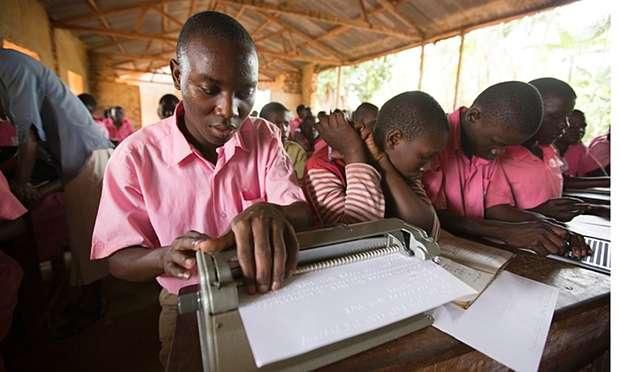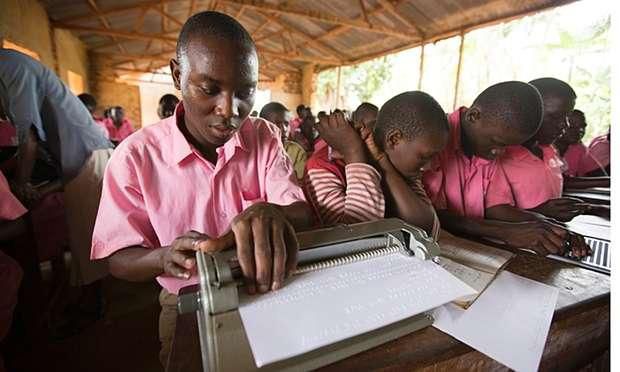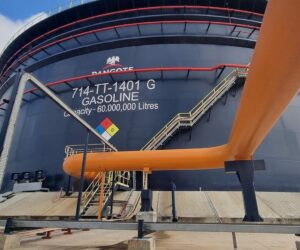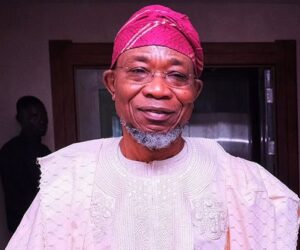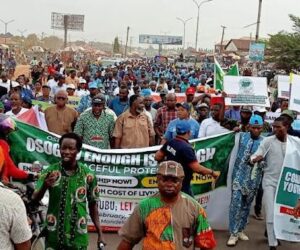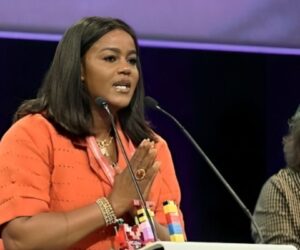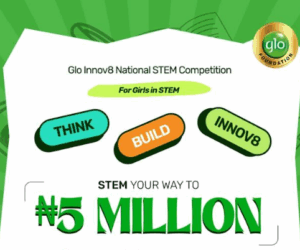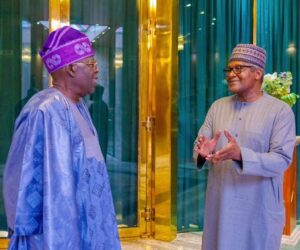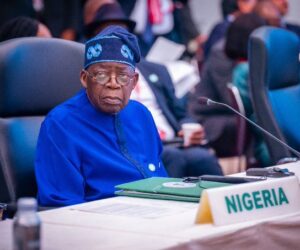The Federal Ministry of Education has launched a revamped national curriculum, introducing subjects such as journalism, programming, artificial intelligence, and fact-checking in secondary school.
The Senior Special Adviser to the President on Social Media, Dada Olusegun, shared excerpts from the document, which is yet to be officially released.
The reform followed the need to rejig the national curriculum to ensure career suitability, reduce subject overload, promote skill development, and align Nigerian education with global best practices.
The new curriculum is a brainchild of wide consultations with the Nigerian Educational Research and Development Council (NERD), West African Examination Council (WAEC), National Examinations Council (NECO), National Board for Technical Education (NBTE), National Business and Technical Examinations Board (NABTEB), and other critical stakeholders.
ALSO READ: 3 surprising countries with no universities – And why
One of the major changes in the proposed curriculum includes a reduction in the number of subjects across all levels. Junior Secondary School (JSS 1-3) will take 12 to 14 subjects; while Senior Secondary School (SSS) will retain 8 to 9 subjects, with a sharper focus on five core areas.
According to the excerpts, journalism was introduced as one of the modules under English Language for senior secondary classes, while programming modules are spread across both secondary and senior secondary cadres.
The newly introduced Digital Literacy subject for senior secondary classes has AI and robotics as part of its components.
Check below the full list of subjects for JSS and SSS as shared:
JUNIOR SECONDARY (JSS 1–3)
-
Mathematics & Measurement: Numbers, fractions, decimals, percentages, ratios, proportions, rates, geometry (angles, area, volume), algebra, statistics, graphs, measurement (km, m, cm, g, kg, ml, °C, time zones).
-
English Language: Essay writing (narrative, descriptive), advanced grammar (clauses, idioms), comprehension, vocabulary, oral (debates, speeches, drama).
-
Integrated Science: Physics (motion, forces, energy), chemistry (matter, mixtures, reactions), biology (cells, reproduction, ecology), earth science (climate, resources), technology, and lab safety.
-
Digital Literacy & Coding: Word, Excel, PowerPoint, internet research, coding (Python basics, Scratch advanced), robotics (basic kits).
-
Social Studies: Nigerian and African history, geography, civics, economy (trade, money, entrepreneurship basics), global issues.
-
Languages: Advanced mother tongue, conversational fluency in foreign language (French/Arabic).
-
Creative Arts: Drawing, painting, crafts, drama, theatre, film basics, music.
-
Physical & Health Education: Sports, fitness, nutrition, reproductive health, first aid, and drug abuse awareness.
ALSO READ: Gov Otti’s govt faces anti-graft petitions over ₦54bn Abia education funds
SENIOR SECONDARY (SS 1–3)
-
Mathematics & Advanced Applications: Algebra, trigonometry, calculus basics, probability, statistics, financial maths, applied maths.
-
English & Communication: Advanced essays, academic writing, literary analysis, world literature, research skills, public speaking, journalism, fact-checking.
-
Sciences: Physics (mechanics, waves, electricity, nuclear physics), chemistry (organic, inorganic, industrial, analytical), biology (genetics, ecology, biotechnology), and environmental science.
-
Technology & Innovation: Programming (Python, JavaScript, HTML/CSS), data science basics, AI & robotics, digital entrepreneurship, cybersecurity.
-
Social Sciences: Government & law, economics (micro, macro, trade), history (Africa, world revolutions), philosophy & ethics, entrepreneurship.
-
Languages: Advanced mother tongue literature, fluency in international language (French/Arabic/Chinese optional).
-
Creative Arts & Innovation: Fine arts, music, drama, film/media production.
-
Physical & Health Education: Advanced sports, mental health, first aid & CPR, leadership.
-
Research & Project Work: Final-year project, data collection, analysis, presentation & defense.

